Market Analysis
In-depth Analysis of Automotive Structural Sheet Metal Market Industry Landscape
Many variables affect the growth and dynamics of the Automotive Structural Sheet Metal market in the automotive sector. The constant advancement of vehicle design and manufacturing processes need lightweight, robust materials for fuel efficiency and safety. Vehicle effectiveness and compliance with strict emission rules are enhanced by structural sheet metal, which reduces weight and strengthens cars.
Technology greatly affects the Automotive Structural Sheet Metal industry. Innovations in materials, production, and forming methods provide structural sheet metal with higher strength-to-weight ratios. Automakers can optimize design and develop lightweight, structurally efficient components using advanced simulation and digital production methods. This technology advancement supports the industry's goal of better vehicle performance, safety, and sustainability.
Global regulatory agencies set safety and crashworthiness criteria for the Automotive Structural Sheet Metal market. Automotive manufacturers must use high-strength materials to meet or exceed safety standards. With its strength and formability, structural sheet metal is essential for making crash-resistant automobiles that protect occupants. Modern vehicle structural sheet metal design and selection depend on these safety criteria.
Economic factors and industry changes affect Automotive Structural Sheet Metal demand. Demand for automobiles with sophisticated safety features and performance rises with economic expansion and consumer purchasing power. The rise of electric vehicles (EVs) and autonomous driving technologies affect automotive structure design and construction, pushing demand for specialist structural sheet metal components.
Competition affects the Automotive Structural Sheet Metal market. Multiple suppliers and manufacturers competing for market share drive innovation and cost-effective solutions. Market players distinguish their products through material technology, production techniques, and automaker collaboration to deliver customized solutions. The competitive market offers end-users more structural sheet metal alternatives and improves product quality and performance.
Environmental concerns and sustainability goals influence the Automotive Structural Sheet Metal industry. The car sector prioritizes eco-friendly materials and methods, therefore manufacturers and suppliers are researching them. The market reacts by using recyclable materials, optimizing production methods for resource efficiency, and reducing structural sheet metal component manufacturing carbon emissions.
Supply chain dynamics and raw material costs shape the Automotive Structural Sheet Metal industry. The cost and viability of structural sheet metal components depend on high-strength steel, aluminum, and advanced alloy availability and price. The market adjusts to supply chain dynamics by exploring alternate sourcing techniques, boosting manufacturing efficiency, and managing costs to stay competitive.


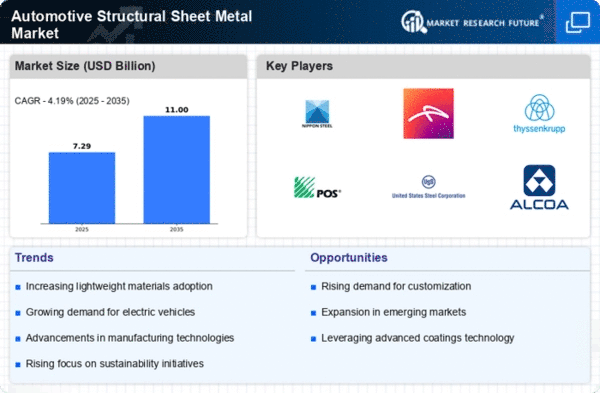
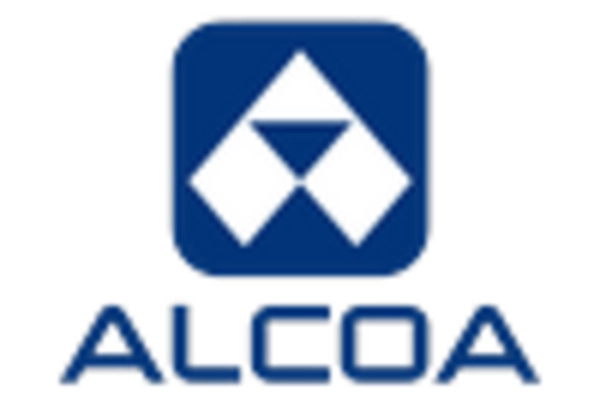

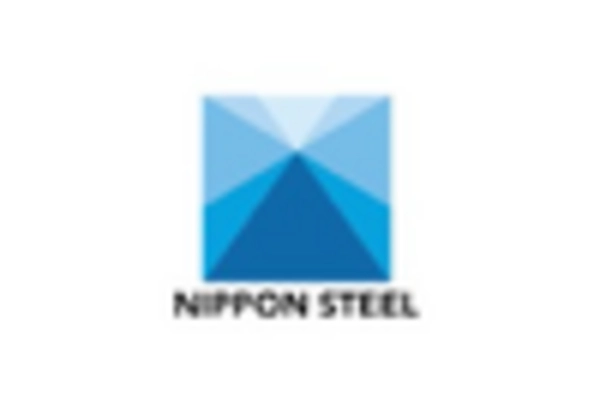
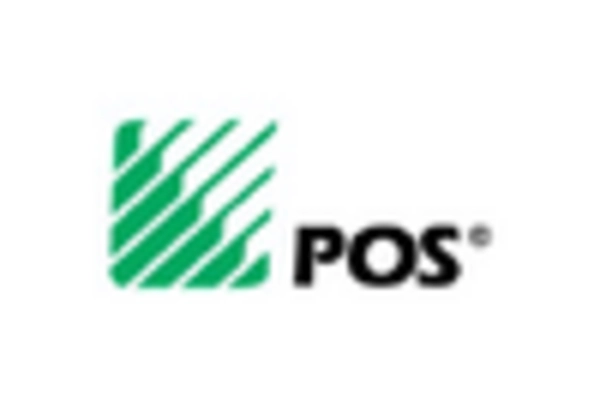
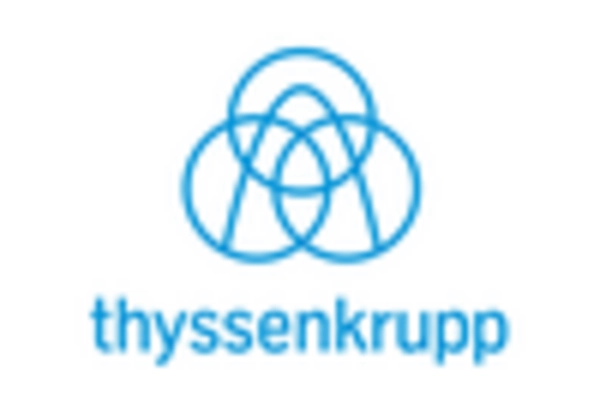
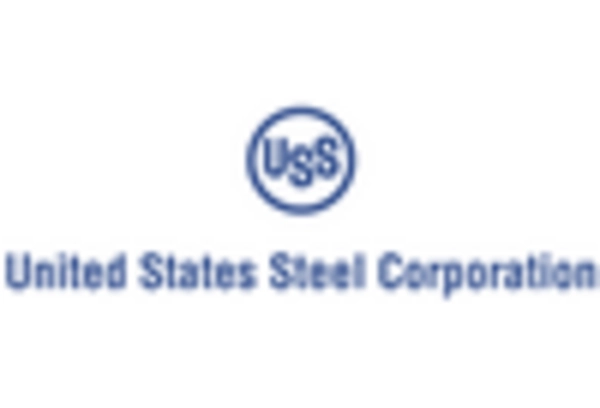









Leave a Comment